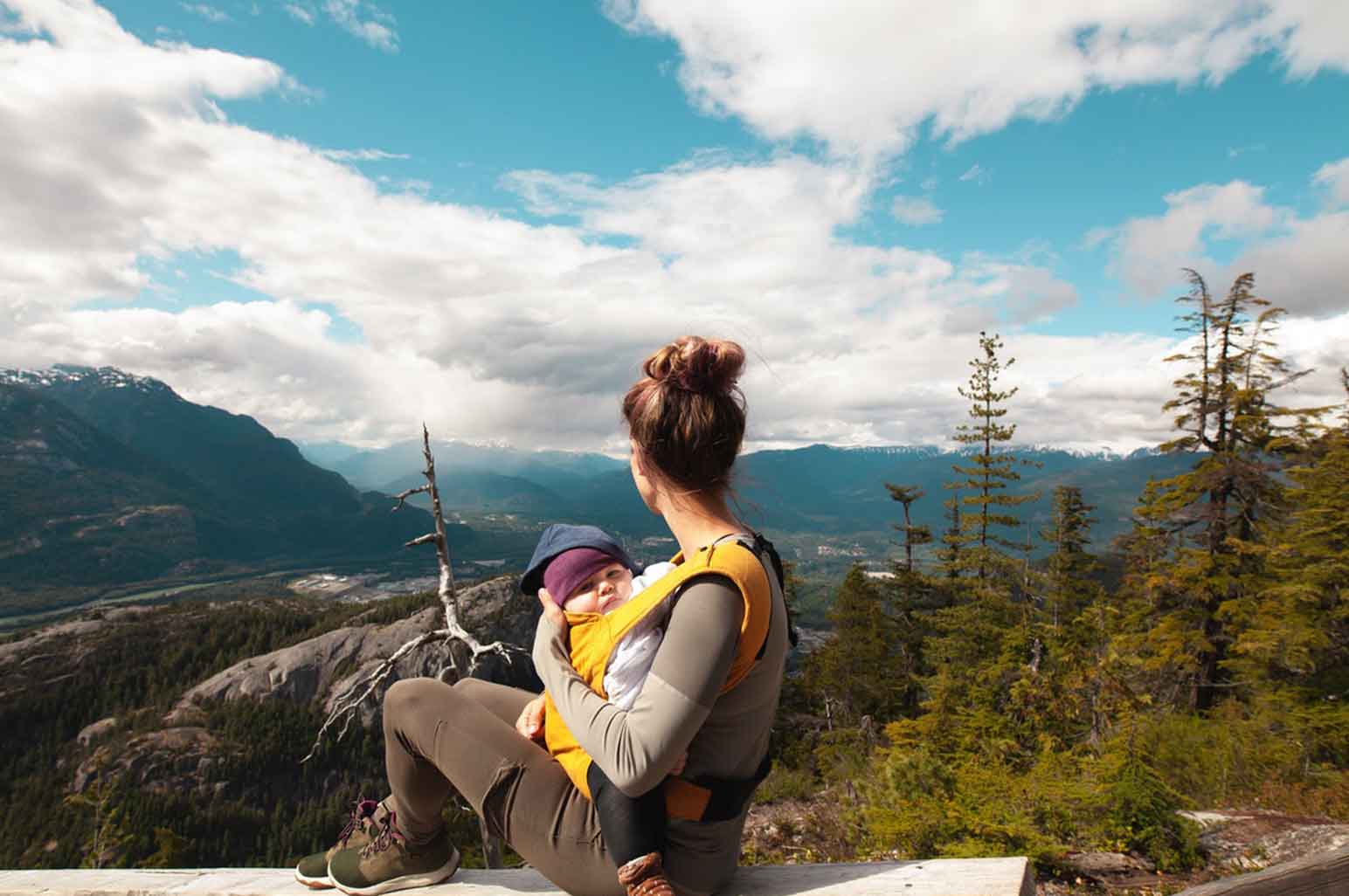Wondering how to choose the perfect baby carrier? Here are some tips to get you started!

Being a parent, there are many different products that you have to consider, not only in your home but when you are traveling. From baby strollers to having the right carrier, you have to understand what is best for your baby’s needs. Here are some tips to help you choose the right carrier for your newborn.

SEEK ADVICE AND KNOWLEDGEABLE RESOURCES
As a new parent that is looking for different products for their newborn, you won’t always know what you need. Don’t be afraid to ask for help. There are many resources you can use, from online blogs, guides, and even videos, to more traditional options like books. You should also feel confident with many stores that sell baby products as their staff should be exceptionally trained on the products they offer and how they will meet your needs.
ENSURE SAFE POSITIONING
Your baby’s safety is the biggest concern when looking for the right carrier. The position is key in determining the right carrier as you want something high and tight. There are certain safety rules that you need to consider for the best baby carrier that you need to consider. The general rule of thumb is that if your baby is tight in the carrier, you know they are secure. There are rules regarding the baby’s positioning that include how the baby’s knees and butt should all be positioned, as well as having the chin of the baby is off the chest.
CHOOSING A CARRIER THAT SUPPORTS YOU ALSO
It is just as important to consider your own needs as a parent when looking into a variety of carriers. Your own needs should be met as well. Do you have other kids, requiring you to perhaps have to be multitasking often? This could translate to moving in and around your home, around your car a lot. A portable carrier might suit certain needs that require you to make such transitions. If you are planning on doing some traveling, moving around airports and terminals, or even commuting through public transit systems, you need to take all these different scenarios and environments into consideration.

You should also consider how big your baby is and how long you will be wearing your carriers, and how they conform to your body. You want to ensure that you are comfortable and have the range of motion you will need at these different times. Additionally, if you have a partner, and if that partner wants to help support you and the baby, will your carrier be able to fit and conform to different body types if you are choosing to share the carrier. Not everyone can afford all these expenses so purchasing the right carrier is key, and requires that you make many considerations.
TESTING CARRIERS
As mentioned in regards to how important it is to consider the comfort of a baby within a carrier, you should do a few things when you are testing out different baby products. You want your baby to be well-rested as well as well-fed when you are putting them in a carrier. They may cry, but if you know that it isn’t for any other reason like fatigue, hunger, or even gas, you may be able to decipher if it is the carrier causing the discomfort. Additionally, even if your baby cries, that does not mean the carrier is bad right away. Your baby may cry in a reactionary way because this is a new feeling and the carrier is unfamiliar to them. It may take some time to get used to it, both for the baby as well as yourself.
BUYING FOR THE CLIMATE
As much as you want your baby carrier to be tight for the baby to ensure their safety and that they are securely in place, that may not always be the case for how the carrier fits on you. You want to understand and buy for the climate you live in. When buying a carrier, you might need something that is made to breathe more with certain material in a hotter climate, while if you are living in a colder climate, you might need to consider something that fits a little looser to allow you to wear more layers underneath. It may also be important to consider how much weather changes in your area or if it is more consistent.

Carriers come in all shapes and sizes. You must factor in both how you feel about a carrier as well as your baby. Prioritize safety, but do not forget about the factors that contribute to comfort. This will be important for the health and safety of both your child and yourself.
